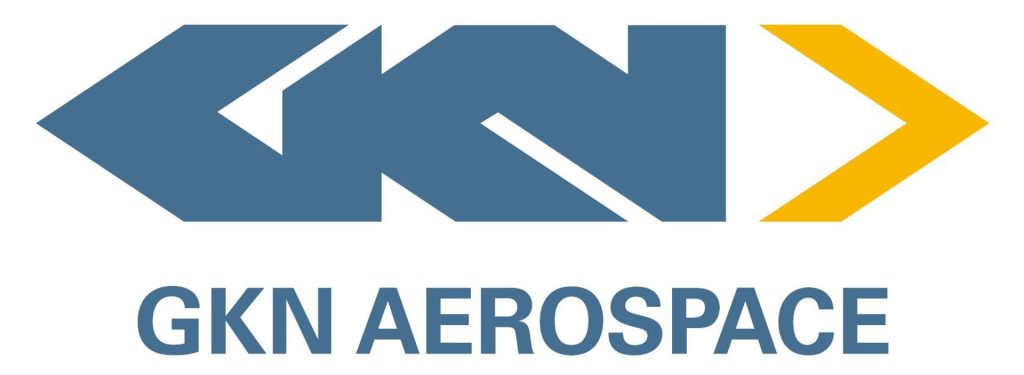Welcome to CerTest
CerTest develops new approaches to enable lighter, more cost and fuel efficient composite aero-structures.
CerTest forms a unique opportunity uniting 4 academic UK institutions (Universities of Bristol, Bath, Southampton, and Exeter). CerTest is delivered by a cross university investigator team, and a dedicated cohort of Postdoctoral Research Associates and leveraged PhD students in close collaboration with industry project partners.
CerTest is a Programme grant (no. EP/S017038/1) funded by the Engineering and Physical Sciences Research Council (EPSRC).
Research Challenges
The vision of the Programme Grant is realised through 4 flexible and highly interlinked and interdependent Research Challenges – utilising a multi-scale approach drawing on the expertise from the different project partners.
Why is there a problem?
Current practices for performance validation and certification of advanced composite aero-structures as well as composite structures in other application areas as sectors relies on the so-called ‘building block approach’ (or ‘testing pyramid’). The testing pyramid approach presents a rigorous and well proven performance-based framework, but it suffers significant limitations due to very high costs of certification and time to market (thousands of physical tests at various length scales). Moreover, the testing pyramid framework generally leads to overly conservative designs, and at the same time a general lack of understanding of the overall structural system reliability.
What are the main challenges?
In reducing the amount of physical testing in performance validation and certification processes for composite aerostructure, and replacing these with model based processes, a key challenge is to develop an integrated testing and modelling framework that can account for the variability/ uncertainty of manufacturing processes and as-designed material/ structural features and their impact on the load-response and structural integrity of composite structures. Model validation and uncertainty quantification based on significantly fewer physical tests (than current processes) necessitates that carefully designed physical experiments at appropriate length scales, and of sufficient fidelity and richness of data, can be devised and conducted.
CerTest Objectives
CerTest holistically addresses the challenges that are hindering step-changes in future engineering design by reshaping the testing pyramid, by combining world-class expertise from the Universities of Bristol, Bath, Exeter and Southampton. CerTest will reduce empiricism and enable a new integrated approach to design and validation at hitherto unattainable levels of fidelity and design freedom allowing the development of more efficient and sustainable composite structures. CerTest will deliver a new methodology for integrated high-fidelity structural testing and multi-scale statistical modelling through Design of Experiments (DoE) and Bayesian Learning.
CerTest provides a route for lessening regulatory constraints, moving towards a more cost/ performance optimised philosophy, by reducing the reliance on physical tesing on especially the top and bottom levels of testing pyramid. Instead CerTest accounts for structural behaviour in a new culture of virtual design and certification focusing on the mi-tier levels of the testing pyramid. CerTest provides decisive move towards virtual testing, enabling reduction of empiricism, mass savings, expansion of the design and performance envelopes, and reduction of design costs and associated development time.
How will CerTest achieve it’s objectives?
- Reduce reliance on physical testing though developing the mid-tiers of the testing pyramid
- Development of new multi-scale modelling strategies and methodologies for assessment of load-response and structural integrity
- Focus on mid-tier testing pyramid length scales: model benchmarking and validation via realistic/complex complex sub-structure and component tests.
- Merger/fusion of physical test and modelling data conducted via Bayesian inference and Design of Experiments leading to model/performance validation
- Development and validation of extremely computationally efficient multi‐scale modelling frameworks for composite aerostructures, including surrogate modelling techniques and Gaussian Process Emulators (GPE) for fast approximation of complex load‐response and damage behaviour
- Development of novel Non‐Destructive Evaluation (NDE) methodologies based on Eddy Current Techniques (ECT)
- Development of database/repository of manufacturing defects and as‐designed features in composite aerostructures that underpins a high‐fidelity parametrisation based on new descriptors
- Demonstration of low‐cost infrared imaging procedure for quantitative Thermoelastic Stress Analysis (TSA) to enable 3D representations
- Full‐Field Data Fusion (FFDF) of experimental and numerical data enabling statistical comparisons
- Commissioning of novel of advanced substructure/component testing facility incorporating full‐field imaging, to create a novel hybrid testing platform and methodology enabling virtually augmented testing
- Novel process for integration of numerical and experimental data utilising Bayesian learning and DoE
We’re working with leading Industry experts
It is an essential component of the Programme Grant to engage with industry, RTOs and regulators, and CerTest is fortunate to benefit from intensive industrial and academic collaborations. The list of supporting industry and other organisations include: Airbus, Rolls Royce, GKN Aerospace, BAE Systems, National Composites Centre, The Alan Turing Institute and the European Union Aviation safety Agency.
CerTest is supported by an International Independent Advisory Board and an Industrial Steering Group, with each member bringing different and invaluable contributions to the research through their experience. The CerTest Programme Grant brings these contributions together and couples these with research advances to enable improvement, in terms of quality of outcomes, time and effort required, to the composite structure performance validation processes.




The Programme Grant is supported by 4 industrial partners from the UK aerospace industry. It is also supported by the HVMCs though the NCC and collaboration with The Alan Turing Institute.
CerTest is a Programme grant (no. EP/S017038/1) funded by the Engineering and Physical Sciences Research Council (EPSRC) and further details can be found here at Grants on the Web.











